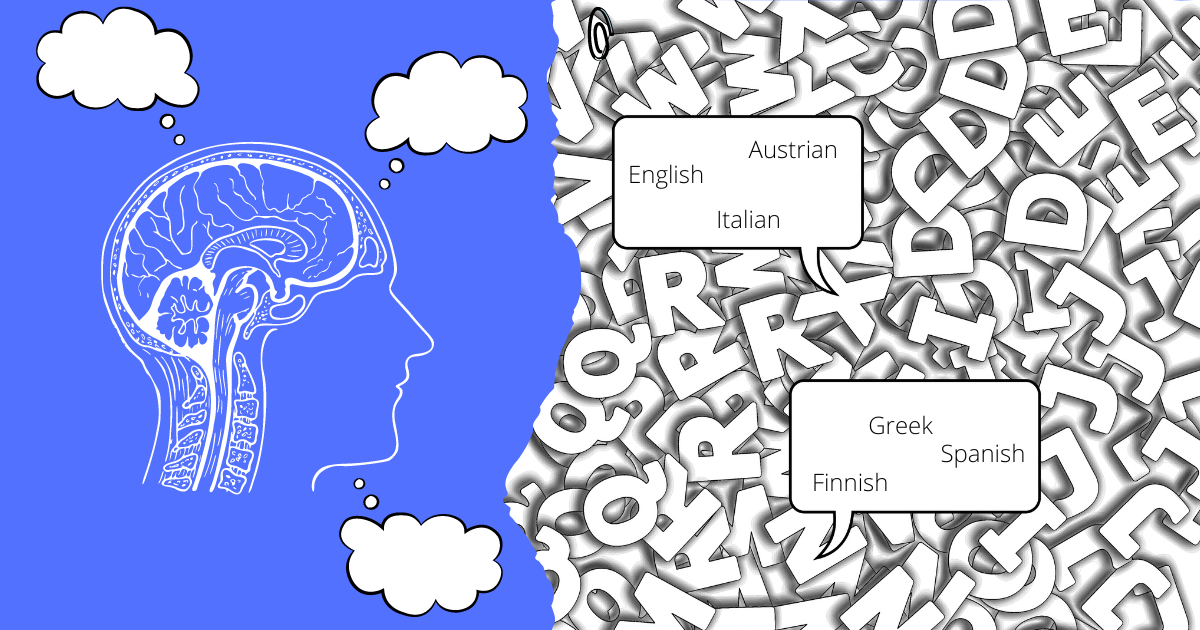How many languages do yo speak?
How many other languages would you learn?
After pandemic covid19 situation many people invested their time learning and/or improving foreign languages, thanks to the use of new digital tools and useful app on mobiles.
Now the main question is: How our brains cope with speaking more than one language?
It is clear that speaking a second or even a third language can bring obvious advantages, but it could reveal surprising things about how our brains work.
Let’s do an example: you are an mother tongue italian, but you speak also english and french that you daily use, you are speaking with your colleague in Italy and instead of speaking in italian you say some words in another language. Why is that? The science behind why this happens is revealing surprising insights into how our brains work.
Based on an article published by BBC: “It turns out that when a multilingual person wants to speak, the languages they know can be active at the same time, even if only one gets used. These languages can interfere with each other, for example intruding into speech just when you don’t expect them. And interference can manifest itself not just in vocabulary slip-ups, but even on the level of grammar or accent”.
For this reason, the speaker needs to have some sort of language control process, but when this control system fails, however, intrusions and lapses can occur.
Tamar Gollan – a professor of psychiatry at the University of California San Diego – has been studying language control in bilinguals for years. Her research has often led to counterintuitive findings. Indeed, according to Gollan “I think maybe one of the most unique things that we’ve seen in bilinguals when they’re mixing languages is that sometimes, it seems like they inhibit the dominant language so much that they actually are slower to speak in certain contexts”.
Gollan’s experiments also found reversed dominance in another surprising area – pronunciation. Participants sometimes read out a word in the right language, but with the wrong accent
Kristina Kasparian – a writer, translator and consultant who studied neurolinguistics at McGill University in Montreal, Canada – and her colleagues tested Italian natives who had emigrated to Canada and learned English as adults. As it turns out, the Italian migrants were more likely to reject correct Italian sentences as ungrammatical if these did not match correct English grammar. And the higher their English proficiency, the longer they had lived in Canada, and the less they used their Italian, the more likely they were to have found the correct Italian sentences ungrammatical.
The studies carried out were based on the use of an electroencephalogram (EEG) to record of brain activity and they found that, when presented with the sentences that were grammatically acceptable only in Italian (but not in English), the Italians living in Canada showed different brain activity patterns compared to those back in Italy.
In fact, their brain activity was more consistent with what would be expected from English speakers, says Kasparian, suggesting that their brains were processing the sentences differently to their monolingual counterparts back home.
In any case, using languages is arguably one of the most complex activities humans learn how to do. And having to manage multiple languages has been linked to cognitive benefits in many studies, depending on task and age.
Source: https://www.bbc.com/future/article/20220719-how-speaking-other-languages-changes-your-brain




